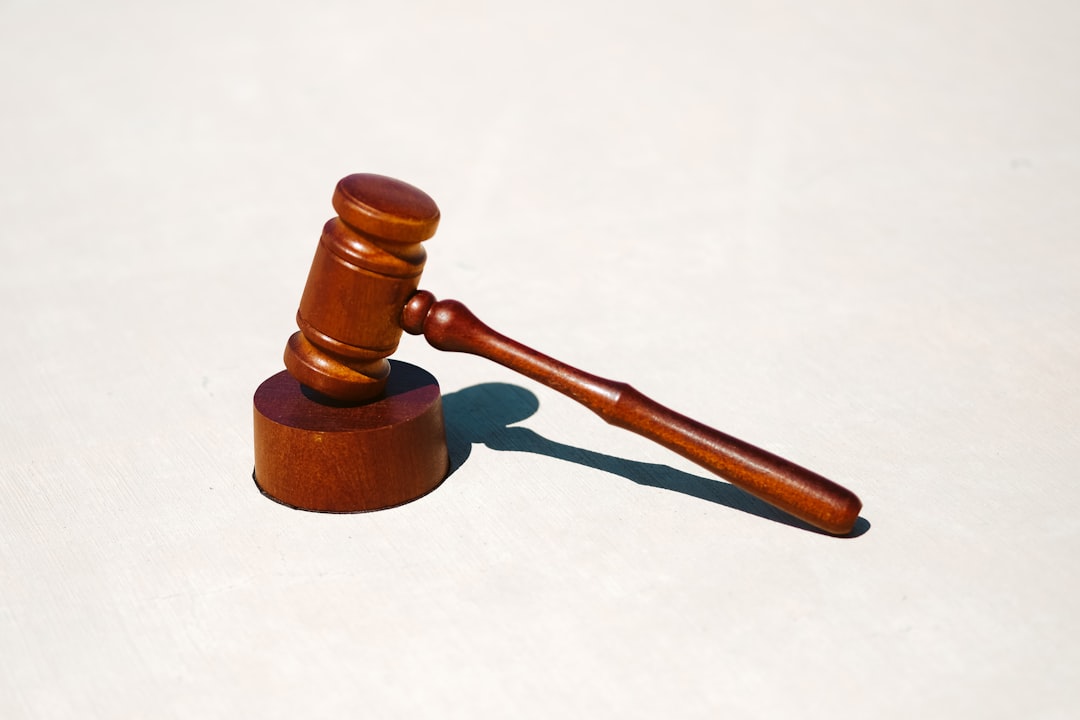Consumers in New Hampshire protected by laws against wrongful debt collection practices. Consulting a debt collector lawyer crucial for understanding rights and legal options under Fair Debt Collection Practices Act (FDCPA). Legal professionals guide debtors through complaints, negotiations, and litigation to ensure protection and recover losses. Hiring an experienced debt collector lawyer in New Hampshire essential for fair resolution.
In New Hampshire, understanding your rights against wrongful debt collection practices is crucial. This guide explores the intricate landscape of debt collection laws, empowering consumers with knowledge. We delve into how to identify and challenge abusive tactics employed by debt collectors. Additionally, we navigate the importance of legal representation from a qualified debt collector lawyer in New Hampshire to ensure your rights are protected. By familiarizing yourself with these remedies, you can effectively defend against unfair treatment and enforce your legal standing.
Understanding Wrongful Debt Collection Practices in NH

In New Hampshire, wrongful debt collection practices can occur when a debt collector violates consumer protection laws and regulations. This includes using aggressive or misleading tactics to collect debts, such as making false statements about the amount owed, threatening violence, or harassing individuals or their family members. If you believe you have been the victim of these practices, it’s crucial to understand your rights and legal remedies.
A debt collector lawyer in New Hampshire can help navigate the complexities of state laws and federal regulations designed to protect consumers from abusive collection methods. They can advise you on whether your case qualifies for compensation, which may include actual damages, punitive damages, attorney fees, and court costs. By consulting with an experienced attorney, individuals who have suffered due to wrongful debt collection practices can take legal action to seek justice and recover losses.
Legal Rights of Debtors Against Debt Collectors

In New Hampshire, debtors have specific legal rights when dealing with debt collectors. According to the Fair Debt Collection Practices Act (FDCPA), debt collectors must adhere to certain guidelines and restrictions when communicating with individuals about their debts. Debtors are protected from abusive, unfair, or deceptive practices by this federal law. If a debt collector violates these regulations, individuals in New Hampshire have the right to take legal action against them.
Hiring a debt collector lawyer in New Hampshire is one course of action for those who believe their rights have been infringed upon. These legal professionals are equipped to help debtors understand their options and assert their protections under the law. They can guide clients through the process of filing complaints, negotiating with debt collectors, or even pursuing litigation if necessary, ensuring that debtors’ rights are upheld and wronged parties receive the justice they deserve.
Navigating Legal Remedies: Finding a Debt Collector Lawyer in New Hampshire

Navigating legal remedies for wrongful debt collection can be a complex process, but finding the right debt collector lawyer in New Hampshire is a crucial step. With the intricate laws and regulations surrounding debt collection practices, having an experienced attorney on your side is essential to protect your rights. A qualified debt collector lawyer will have in-depth knowledge of the Fair Debt Collection Practices Act (FDCPA) and other relevant state laws, enabling them to guide you through the legal landscape.
In New Hampshire, consumers have specific protections against unfair or abusive debt collection tactics. An attorney specializing in this area can help determine if your rights have been violated and provide appropriate remedies. They will assist with negotiating with debt collectors, filing formal complaints, and, if necessary, representing you in court to ensure a fair resolution. Choosing the right legal representation is key to achieving justice and resolving wrongful debt collection practices effectively.






